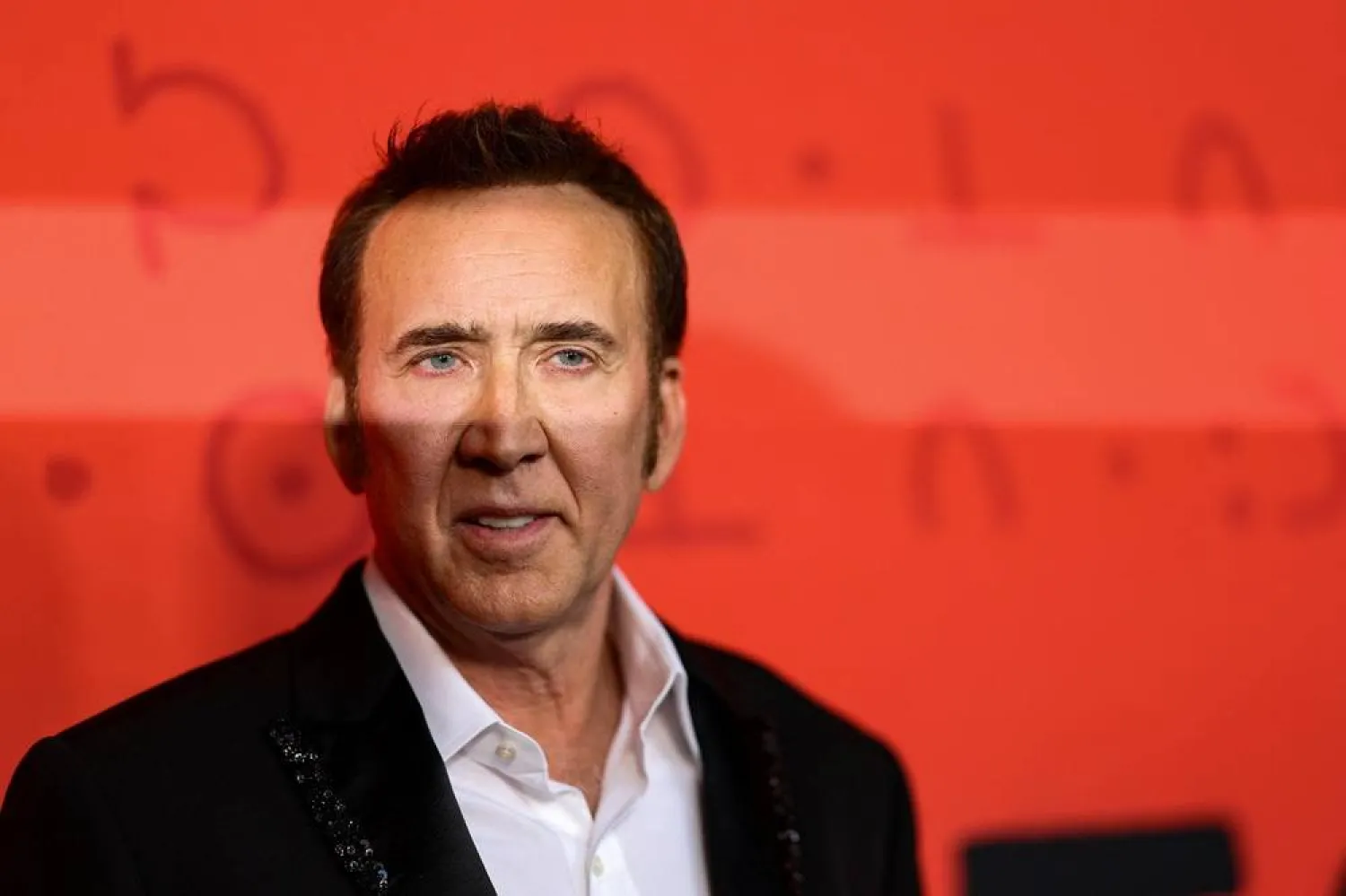When Nicolas Cage first read the script for “Longlegs” and considered playing the titular serial killer, he knew exactly where he'd draw his inspiration from: his mother.
“Not that she was Satanic,” Cage clarified in a recent interview, but said witnessing her struggle with mental illness throughout his life was something he needed to process. “In my approach to try and get more personal with my film performances, I’ve been trying to find a constructive place to put my memories of my mother.”
Cage said the connection to his mom was so strong — particularly how he envisioned the character’s body language and way of speaking — that he remembers hearing her voice early one Christmas morning while rehearsing lines to himself. “Everybody else is getting ready to open presents and whatnot, and I’m doing this very dark character and trying to infuse it with love,” he recalled.
The experience of making “Longlegs,” a Neon release opening in theaters Friday, was ultimately a cathartic one for the Oscar winner. “Gosh, I channeled my dad for Dracula and I channeled my mom for Longlegs. What does that say about my childhood?” he said, laughing.
When he first met with Osgood Perkins to discuss the film, Cage was shocked to learn the director had his own mother in mind when writing the script.
It follows FBI Agent Lee Harker (Maika Monroe) who, not long after being assigned to investigate a series of gruesome murders, realizes her own connection to the killer (Cage). Although Perkins confessed to being inspired by “Silence of the Lambs” and other films like it, “Longlegs” is distinct from many serial killer movies in that the horrors, despite being carried out by people, are hauntingly supernatural.
Perkins takes advantage of that paranormal license and saturates the world of “Longlegs” with biblical references and occultist clues for his protagonist to solve. But unlike some directors who prefer to obfuscate their process or leave open how much meaning there really is for audiences to decipher, Perkins is candid about his source material — or lack thereof.
“I made it up,” the director said plainly of some of the symbolism employed and messages sent throughout the film, comparing the process of making a movie like “Longlegs” to creating a crossword puzzle. “The fun of assembling things and finding little pieces of things you like, that’s what making a movie is. It’s just puzzling stuff together.”
As the son of Anthony Perkins, who played Norman Bates in Alfred Hitchcock’s “Psycho,” the “Longlegs” director has long wrestled with his relationship to Hollywood and horror in particular.
“It’s kind of been foisted on me a little bit,” he said, though he conceded he appreciates the freedom the genre permits. “You’re allowed to kind of do anything and to do it in a sort of Gothic or Baroque way that’s really full of flavor. It’s like making a big, beautiful sauce.”
Cage has done his share of horror movies too, from “Mandy” to the 2006 remake of “The Wicker Man,” but said this one is perhaps his scariest. As someone known for his versatility as an actor, he too said he relishes the genre’s permission to nonconformity.
“I have always maintained that horror, when done well, is genuinely surreal. It’s dream logic. It doesn’t have to rely on physics or reality. It can allow actors to express themselves in other ways besides that which is considered the arbiter of great acting, which is 1970s naturalism,” he bemoaned. “That is good, but we’ve done it again and again, ad infinitum, ad nauseum.”
Though they had not known each other before making this film, Cage and Perkins quickly bonded over their love of cinema and their deep family roots in it. Wanting to create the most organic first interaction possible, Perkins didn’t allow Cage and Monroe to meet before their first scene together — one of the most chilling and violent in the film.
But the actors already had a mutual respect for one another, and Cage, still covered in makeup, made a point to tell Monroe he was a fan of her work in David Robert Mitchell’s “It Follows” as soon as the camera stopped rolling.
“I was just like, ‘I wish we had this on camera.’ It was so funny. It was the first time that I heard his actual voice,” she said of their first encounter. “I grew up watching his films and then just in the recent years, his choices I think are so incredible. I just respect him so much.”









